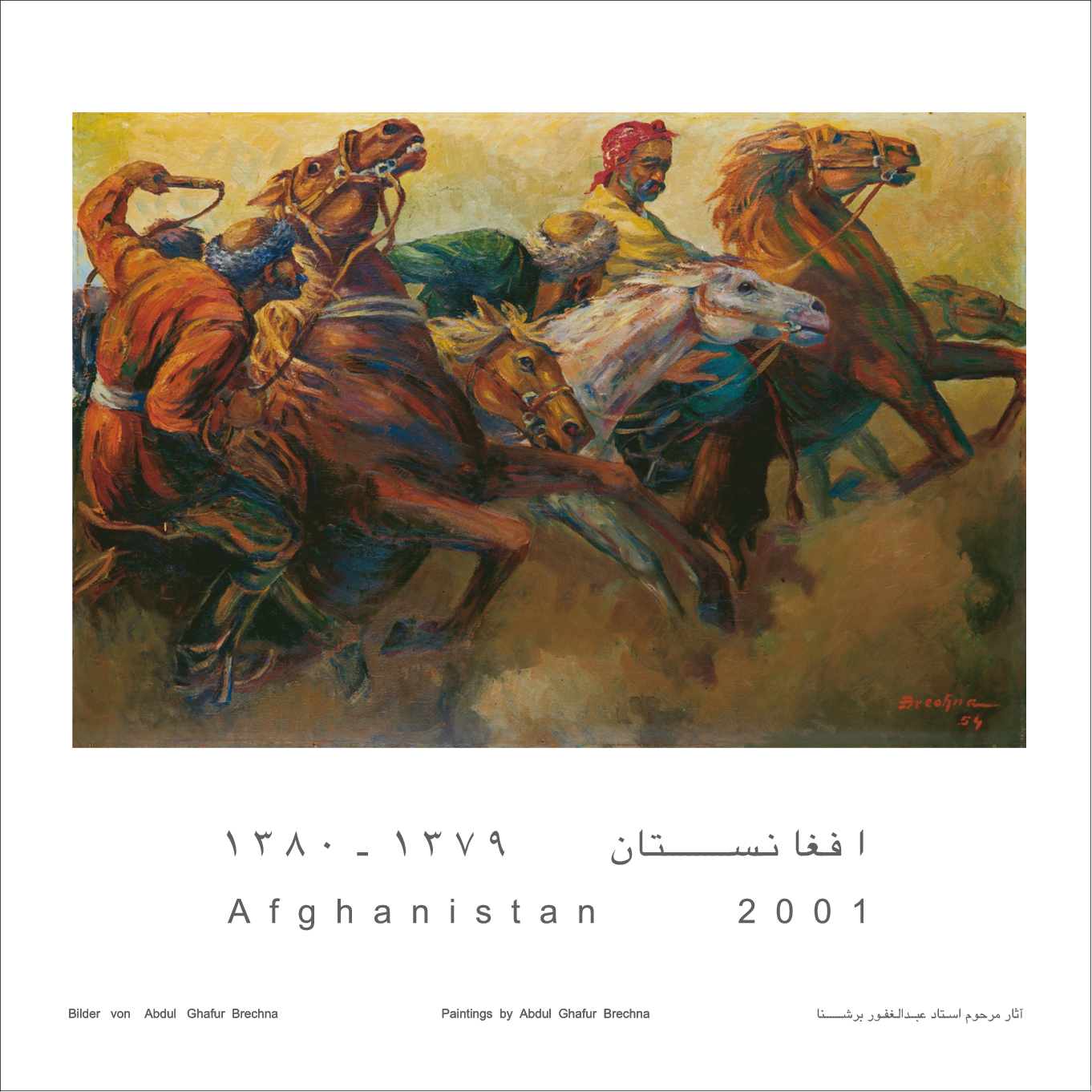Abdullah Breshna (1933–2021)
Between 1955 and 1959, he pursued architecture in Germany under the mentorship of Egon Eiermann, actively contributing to some of Eiermann’s significant projects, including the Kaiser Wilhelm Memorial Church in Berlin.
Returning to Kabul in 1961, Breshna played a pivotal role by establishing the Central Authority for Town Planning in 1965. Tasked with planning and supervising urban development across Afghanistan and various districts of Kabul, his influence extended widely. As a co-founder of Kabul’s first architectural office (1966–1979), he engaged in the design and construction of more than one hundred public and private structures.
In 1980, Breshna returned to Germany, dedicating over fifteen years to teaching architecture at various universities. His focus on architecture for Third World countries, advocacy for traditional clayey architecture, urban upgrading, and the preservation of historic cities shaped his pedagogy.
Post-2002, in his role as a Senior Advisor, Breshna played a crucial part in overseeing significant design and planning projects in Afghanistan, notably contributing to the New City expansion of Kabul.

EXHIBITON AT LINDENMUSEUM-STUTTGART
A DAY HONORING HIS ARTISTIC LEGACY AT THE LINDEN MUSEUM STUTTGART - APRIL 2024

CELEBRATING AFGHAN ART AND CULTURE
REMINDING EXHIBITIONS SHOWCASING MASTERPIECES OF ABDUL GHAFUR BRECHNA